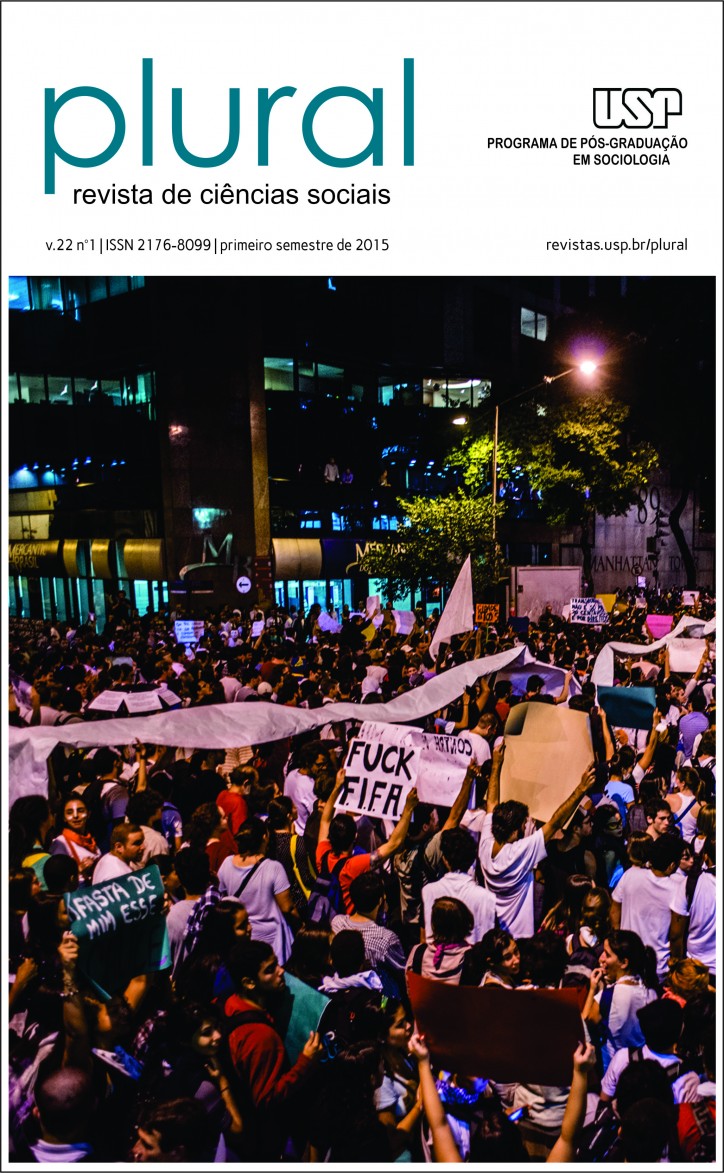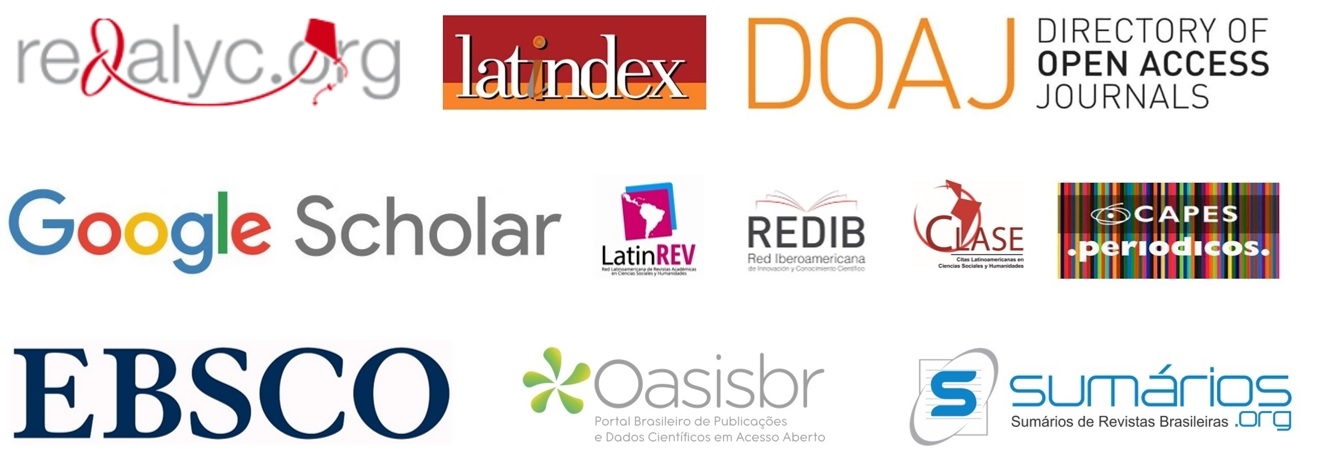Political conflictivity fields and social movements in Ecuador’s Citizen Revolution
DOI:
https://doi.org/10.11606/issn.2176-8099.pcso.2015.102210Keywords:
Political conflictivity fields, Ecuador, Citizen RevolutionAbstract
The aim of this article is to analyze the configuration of diverse “political conflictivity fields” emerged during the governmental cycle known as “Citizen Revolution” started in 2007. This government, headed by Rafael Correa, triggered a political change process in the midst of a deep legitimacy crisis of political representation and of withdrawal of social movements. The new public agenda, outlined during the Constituent Assembly, prompts a set of contentious episodes that reveal the capacity of organized collective action, despite its weakness, to construct large public problems. In this sense, the paper explores three political conflictivity fields related to specific social problems raised at grassroots level: the deficit of political recognition, the legitimacy of the social representation into the State, and the links between buen vivir (good living) and development.Downloads
Download data is not yet available.
Downloads
Published
2015-06-30
Issue
Section
Dossier "Social Movements and Political Institutions in Latin America"
License
Copyright (c) 2015 Política de direitos compartilhados

This work is licensed under a Creative Commons Attribution-NonCommercial-ShareAlike 4.0 International License.
Ao submeter seu trabalho à Plural, o autor concorda que: o envio de originais à revista implica autorização para publicação e divulgação, ficando acordado que não serão pagos direitos autorais de nenhuma espécie. Uma vez publicados os textos, a Plural se reserva todos os direitos autorais, inclusive os de tradução, permitindo sua posterior reprodução como transcrição e com devida citação de fonte. O conteúdo do periódico será disponibilizado com licença livre, Creative Commons - Atribuição NãoComercial- CompartilhaIgual –, o que quer dizer que os artigos podem ser adaptados, copiados e distribuídos, desde que o autor seja citado, que não se faça uso comercial da obra em questão e que sejam distribuídos sob a mesma licença (ver: http://www.creativecommons.org.br/).How to Cite
Gallegos, F. R., & Stoessel, S. (2015). Political conflictivity fields and social movements in Ecuador’s Citizen Revolution. Plural, 22(1), 4-29. https://doi.org/10.11606/issn.2176-8099.pcso.2015.102210








